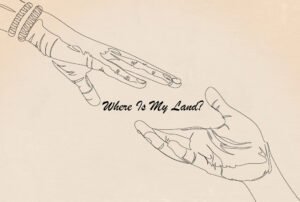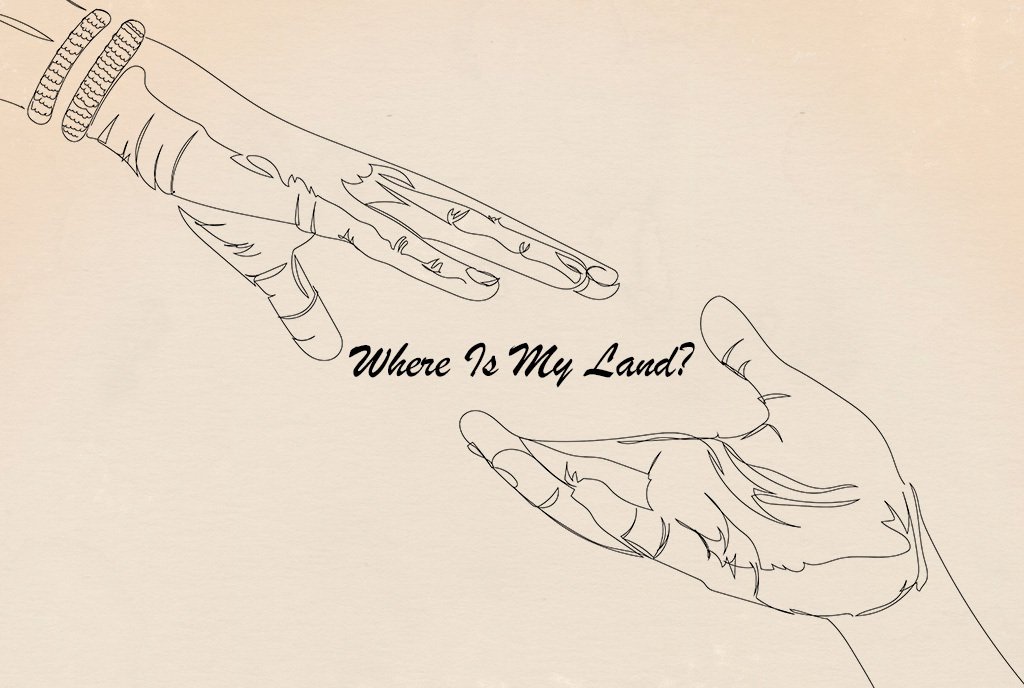
April 4, 2018; Star Tribune (Minneapolis, MN)
As communities come to terms with the degree to which their local United Way’s role is changing, some have begun to reflect aloud about the course of their decision-making over the years. In Minnesota, where the Greater Twin Cities United Way has been struggling publicly in front of some pretty sophisticated observers, among those weighing in is seasoned nonprofit manager David J. Therkelsen, who writes in the Star Tribune that he thinks that United Way “hastened its decline with one decision that was superficially strategic, but not mature. It embraced donor designation.”
With this decision, he posits, the United Way gave away their value proposition of vetting the groups being funded, becoming largely a simple intermediary to individual gifts. But when he writes about the strength of the United Way concept, he doesn’t mention vetting; rather, he speaks of community and the wide umbrella of the kind of funding it once did.
Sign up for our free newsletters
Subscribe to NPQ's newsletters to have our top stories delivered directly to your inbox.
By signing up, you agree to our privacy policy and terms of use, and to receive messages from NPQ and our partners.
United Way (including its predecessors—United Fund, Community Chest, Red Feather) was probably one of the great ideas of the 20th century. It enabled community-minded people to give efficiently, once, yet have their gift allocated to dozens and even hundreds of nonprofits doing good and important work. All products and services, and all ideas, have a finite life cycle. They all come to an end, and the UW idea will sooner or later (and it’s looking like sooner) come to an end.
As we see it, Therkelsen has hit the nail on the head by noting that the urge to stay on the cutting edge of fundraising practice has actually robbed the organization of its identity—that is, being a pool of money that addresses all of a community’s needs with a reasonable amount of oversight. That’s where it started, even before the vetting and capacity-building hoops that got so absurdly hyper-intense in the ’80s and ’90s. Since it let go of that core sensibility, it has lunged after becoming more of this or that—more strategic and exclusive, more reflective of corporate interests—and to what end?
Therkelsen, acknowledging that the United Way won’t simply disappear overnight, says, “I just wish the strategic sensibilities of United Way—nationally, not just here—had been more acute. That it had not conceded perhaps its greatest asset. Staying in the vetting business might have extended UW’s useful life by an additional 20 years or more.”—Ruth McCambridge












